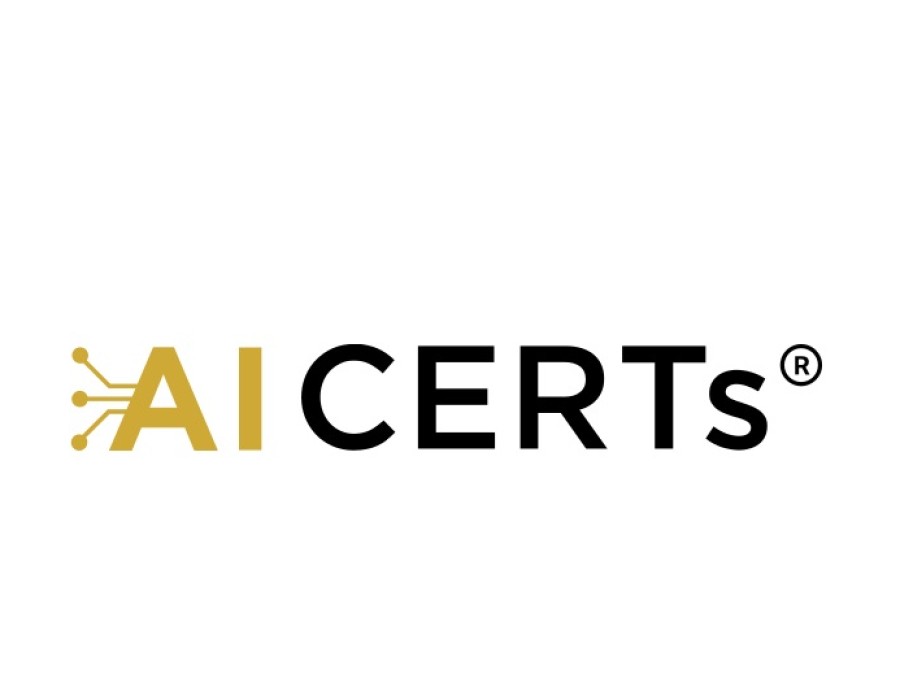Artificial Intelligence is transforming industries, and at the center of this revolution lies prompt engineering—the art and science of crafting effective inputs that guide AI models to produce accurate, creative, and useful outputs. As organizations increasingly adopt AI-driven solutions, the demand for skilled prompt engineers has skyrocketed. But success in this career path requires more than just technical knowledge—it calls for strong analytical and problem-solving abilities that empower professionals to design prompts with precision, efficiency, and adaptability.
In today’s competitive landscape, advancing your prompt engineering career means positioning yourself as more than just a tool user—you must become a strategic thinker who understands context, user needs, and AI behavior. By developing analytical reasoning and honing your problem-solving skills, you will not only increase your value in the job market but also elevate your impact within projects and organizations that depend on AI for critical decision-making.
Why Analytical & Problem-Solving Skills Matter in Prompt Engineering
Prompt engineering involves more than writing effective instructions for AI models—it requires predicting outputs, testing results, refining queries, and ensuring contextual accuracy. This is where analytical skills become a core strength. By dissecting a problem into smaller components, prompt engineers can build more targeted instructions and evaluate how AI systems interpret them.
Problem-solving goes hand-in-hand with this process. Every prompt may lead to unexpected or inconsistent results, and the ability to troubleshoot, test variations, and identify patterns is crucial. Analytical reasoning allows prompt engineers to ask the right questions, while problem-solving ensures they can deliver usable, scalable, and ethical AI-driven outcomes. Together, these skills form the backbone of high-quality prompt design that businesses can trust.
Building a Foundation with Training and Certifications
To strengthen your career, it’s important to pair hands-on practice with structured education. Industry-recognized learning paths, such as pursuing an AI Prompt Engineer Certification, validate not only your technical knowledge but also your ability to apply analytical and problem-solving strategies in practical scenarios. ertifications provide a formal framework to learn the principles of model behavior, ethics in AI communication, and domain-specific prompt creation.
If you are focused on getting AI prompt engineer skills, you should prioritize courses and resources that integrate theory with problem-solving exercises. The most effective programs emphasize real-world case studies—where you are challenged to design prompts for customer support, content creation, or data analysis—and then analyze their results to improve them. This practical application allows you to grow beyond theory and develop resilience in solving complex AI challenges.
Leveraging Online Training Opportunities
With global demand for prompt engineers growing rapidly, accessibility to resources has never been easier. Platforms that offer ai prompt training online allow professionals to learn flexibly and continuously upgrade their skills. These online programs often combine live instruction, recorded modules, and peer collaboration, enabling learners to interact with real AI tools while applying analytical reasoning.
Structured online training can also bridge the gap between learning and application. For example, exercises may include troubleshooting vague responses, refining prompts for better context, or optimizing instructions for efficiency. Each activity strengthens both analytical frameworks and problem-solving instincts, ensuring you can confidently deliver reliable AI outputs in professional settings.
Advancing Your Career with Specialized Training
Beyond foundational skills, there is an increasing need for expertise in niche areas of AI communication. Professionals who want to stand out can invest in advanced prompt engineer training to deepen their knowledge. Such programs often cover advanced topics like multi-turn dialogue handling, integrating prompts with external APIs, and designing prompts for specific industries such as healthcare, finance, or marketing.
Advanced training equips you with specialized strategies to deal with ambiguity, refine outputs across different AI models, and experiment with layered instructions that simulate complex reasoning. This expertise not only sharpens your problem-solving ability but also makes you a valuable asset for employers seeking professionals who can handle sophisticated AI-driven tasks.
Practical Ways to Strengthen Analytical & Problem-Solving Skills
To succeed in prompt engineering, you should consistently refine your analytical and problem-solving mindset. Here are practical strategies you can adopt:
- Break Down Problems: Instead of writing broad prompts, break them into smaller, testable instructions. This allows you to analyze which components work and which need refinement.
- Experiment & Iterate: Treat every prompt as an experiment. Test multiple variations, compare outcomes, and document what delivers the most reliable results.
- Think Like Both Human & Machine: Analytical skills help you balance human intent with machine interpretation. Ask yourself how the AI “sees” the prompt and adjust accordingly.
- Use Data-Driven Insights: Analyze AI responses over time to identify recurring issues or strengths. This feedback loop enhances both your troubleshooting and long-term design approach.
- Collaborate & Learn: Problem-solving often improves when shared with peers. Engage in communities or team projects to expose yourself to different problem-solving styles.
By consistently practicing these techniques, you will naturally strengthen the skillset that makes prompt engineers indispensable.
Staying Competitive in the Evolving AI Landscape
The field of prompt engineering is still young, but its applications are expanding rapidly. As AI integrates deeper into industries, employers will look for professionals who can bridge technical knowledge with strategic problem-solving. Investing time in structured learning, such as enrolling in get ai prompt engineer skills programs, combined with daily practice, ensures you remain competitive in this evolving career path.
Conclusion
Advancing your prompt engineering career is not solely about mastering the mechanics of writing effective queries—it is about cultivating the mindset of an analytical problem-solver. The ability to think critically, troubleshoot challenges, and refine solutions makes you a trusted professional in a world where AI continues to shape decision-making and innovation. By building these strengths alongside technical expertise, you position yourself for long-term success in one of the most transformative careers of the future.




.jpg)

Comments